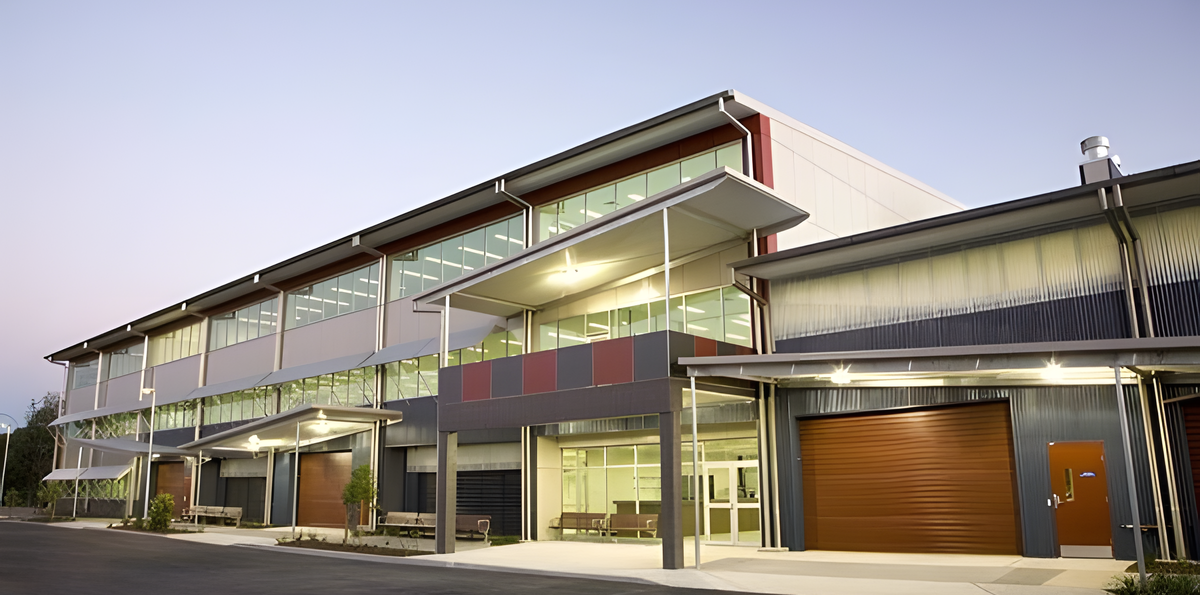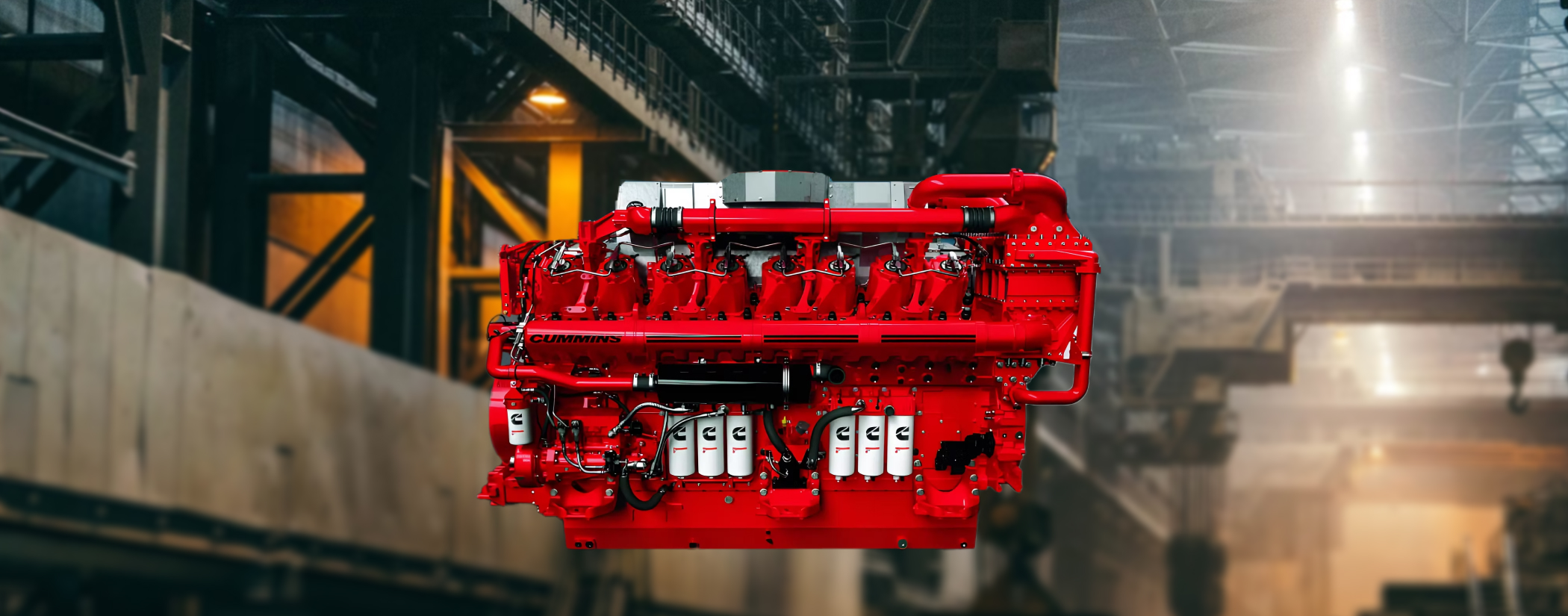TAFE
TAFE Queensland, one of Australia’s largest education providers, partnered with Next World to incorporate Virtual Reality (VR) training into their educational programs. This case study explores the implementation of Next World's VR safety training courses across various disciplines within TAFE Queensland, highlighting the impact on student engagement, learning outcomes, and the potential future of immersive learning in vocational education.

Introduction
[---]
TAFE Queensland, established in 1882, is a leading technical and further education provider in Australia, training over 120,000 students annually. Known for its innovative approach to education, TAFE Queensland continually seeks to enhance learning experiences through cutting-edge technology. In line with this vision, TAFE Queensland partnered with Next World, a VR training provider, to deliver immersive safety training programs.
Next World specializes in VR solutions that offer a comprehensive library of safety training courses. These courses are meticulously designed to align with relevant Units of Competency and are made accessible even to those with no prior VR experience. The VR training includes a Virtual Learning Management System (VR LMS) that provides detailed trainee insights, helping trainers identify knowledge gaps and trends.
[video-player]
Problem
[---]
Traditional training methods at TAFE Queensland, while effective, faced challenges in maintaining high levels of student engagement and ensuring that learners could effectively translate theoretical knowledge into practical skills. There was a need for a more interactive, engaging, and efficient training method that could simulate real-world scenarios and improve learner retention and skill application.
Solution
[---]
TAFE Queensland integrated Next World’s VR training solutions into its curriculum, particularly in courses requiring high safety standards, such as electrical, air conditioning, and refrigeration training. The VR modules covered 15 critical safety topics, allowing students to experience and respond to real-life scenarios in a controlled environment.
The VR training was designed to be highly immersive, with courses available in over 12 languages and featuring a virtual assistant to guide trainees. The VR LMS provided trainers with comprehensive data on trainee performance, enabling targeted support and continuous improvement in training delivery.
Implementation
[---]
The implementation process began with the consolidation of TAFE Queensland’s six regional registered training organizations (RTOs) into a single RTO, which streamlined the integration of new technologies like VR. Within a few days, the VR training programs were fully operational, with best-in-class wireless VR hardware ensuring a seamless user experience.
TAFE Queensland introduced the VR training across various programs, starting with high-risk areas like lockout tagout procedures and hand safety. The students engaged with these modules as part of their regular training regimen, with VR sessions complementing traditional classroom instruction.

Results
The VR training had a significant impact on student engagement and learning outcomes:
Enhanced Engagement: Students reported a higher level of focus and engagement during VR sessions compared to traditional classroom settings. The immersive nature of VR minimized distractions and allowed students to concentrate fully on the training tasks.
Improved Learning Retention: The ability to simulate real-world scenarios enabled students to better retain and apply the knowledge gained. Students like Erin Smith, studying air conditioning and refrigeration, found the VR training particularly effective in reinforcing procedural knowledge, which they could directly apply in practical situations.
Practical Skill Application: Students like Andrew, an electrical student, noted that the VR training helped them better identify risks and apply critical thinking in real-world tasks, which they found to be a significant improvement over traditional training methods.
Positive Feedback: The feedback from both students and instructors was overwhelmingly positive. Many students expressed a preference for the VR training over traditional methods, citing the hands-on experience and the ability to practice in a risk-free environment as key benefits.
Conclusion
The introduction of Next World’s VR training solutions at TAFE Queensland marked a transformative step in vocational education. By leveraging immersive technology, TAFE Queensland was able to enhance student engagement, improve learning outcomes, and better prepare students for real-world challenges. The success of this initiative underscores the potential of VR in education and points to a future where immersive learning becomes a standard component of training programs.
Future Outlook
As technology continues to evolve, TAFE Queensland is poised to expand its use of VR across more disciplines, further integrating this technology into its training programs. The success of this case study suggests that VR could play a critical role in the future of vocational education, providing students with a more engaging and effective learning experience that bridges the gap between theoretical knowledge and practical application.

00:00
/
00:00
